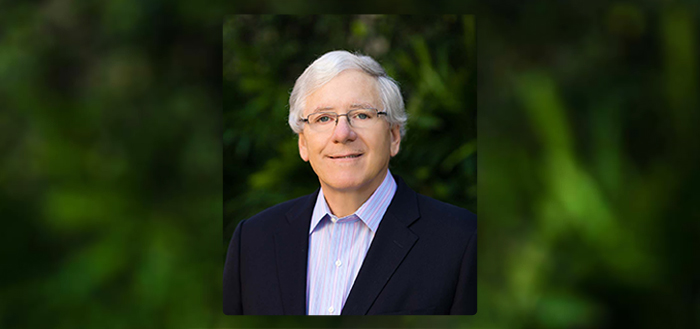A Firsthand Look at Cancer Drug Development With Dr. Harvey Berger

The history of mesothelioma treatment has had its ups and downs, but research brings us closer to a cure each year. Doctors and scientists are working hard to find better therapies. Unfortunately, it can take a long time to develop a new cancer medication. As an award-winning physician and scientist, Dr. Harvey Berger is very familiar with this process.
We recently sat down with Dr. Berger to learn more about cancer drug development. He shared some of his experiences as founder and CEO of ARIAD Pharmaceuticals and his thoughts on the future.
Contributions to Cancer Drug Development
Dr. Berger has made significant contributions to the fields of oncology, cardiology and immunology. In fact, he helped develop several new cancer treatments. These therapies focused on patients with advanced forms of cancer.
Dr. Berger presided over the development of several new drugs at ARIAD. These drugs include several that treat leukemia and lung cancer. He also oversaw the development of a new cancer diagnostic test. A few of the medications developed under his leadership include:
- Exkivity™ (mobocertinib succinate) is a treatment for certain types of EGFR+ non-small cell lung cancer.
- Iclusig® (ponatinib) is a treatment for Ph+ leukemias (CML and AML).
- Alunbrig® (brigatinib) is a treatment for ALK+ non-small cell lung cancer.
Approval for each of these drugs required years of laboratory work and clinical trials. Throughout that time, Dr. Berger saw many other cancer drugs come to market. Together, these experiences gave him a unique perspective on the future of cancer care.
Immunotherapy and Personalized Medicine
Dr. Berger has seen a huge shift in our approach to cancer treatment. Immunotherapy and other approaches have led to personalized cancer medicine. Personalized medicine (also referred to as precision medicine) tailors healthcare to a patient’s unique factors. In some cases, doctors may even recommend a treatment based on a person’s DNA.
Personalized medicine research has improved our understanding of biomarkers like DNA. This research impacted several of the medications Dr. Berger helped create, enabling them to demonstrate efficacy.
Many researchers believe precision medicine will be the key to finding a total cure for cancer. In addition, this type of healthcare has proven helpful in identifying cancer risk and aiding early diagnosis. For example, personalized genetic testing may provide information about the likelihood of a person later developing a rare cancer like mesothelioma. From there, a doctor can recommend early screening and testing in an attempt to catch and treat cancer in its earliest stages.
Personalized medicine can also be useful when it comes to cancer diagnosis. Several precision medicine tools can now help us diagnose different types of cancers.
Improving Clinical Trials
Dr. Berger is understandably proud of how far we have come, but he also knows how much further we have to go. He encourages patients to volunteer for open clinical trials, because they help provide crucial data.
“The only way to learn how new diagnostic tests or new therapies work is to study them in patients with the diseases for which they were designed. Studies in the lab or in animals are inadequate. At this point in time, the course of cancer can only be studied effectively in clinical trials.”
- Dr. Harvey Berger
Dr. Berger also believes we need to see more development in the process of clinical research itself. Advancements at the foundation level will improve the trial process, pushing us to even more significant breakthroughs.
The Future of Cancer Care
It should come as no surprise that Dr. Berger is passionate about cancer research. He plans to continue his work on several fronts. For now, he will focus on creating even more opportunities within the clinical trial space as a trustee for the Dana-Farber Cancer Institute. He will continue working diligently to improve the availability of these potentially life-changing opportunities.